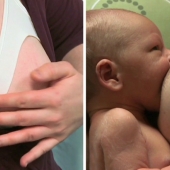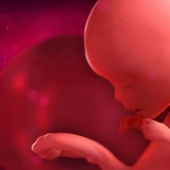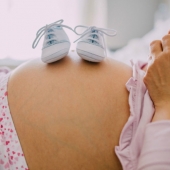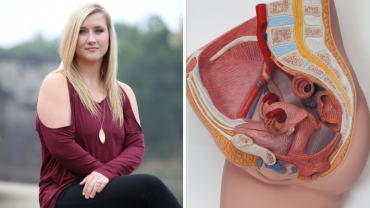Shock happens when the important organs in the body, such as the heart and brain, don't get enough blood or oxygen. Your baby can suffer from shock if they've lost a lot of bodily fluids.This could be from diarrhoea, vomiting, burns, or dehydration.
Your baby may also suffer shock if they had a severe allergic reaction, a severe infection, or if they are bleeding heavily. If your baby is in shock, you might see some of these signs: they may look pale and unwell.
Their skin may be cold and clammy. Their breathing may be fast and shallow. They may not be feeding or urinating. They may make a grunting noise when they breathe or they may yawn or sigh a lot. They may appear confused and not respond as normal. In severe cases they may become unresponsive.
If you think your baby is in shock, call 999 or 112 for an ambulance. Explain that your child is in shock and what you think caused it such as bleeding, diarrhoea, vomiting, or an allergic reaction.
Lay your baby down with their legs raised higher than their chest. Support the legs on something ike a cushion or a rolled up blanket. Do not leave your baby on their own. Loosen any tight clothing around their neck, chest and waist. Keep your baby comfortable and calm as fear or pain can make shock worse.
Keep checking your baby's breathing and pulse and whether they can respond to you. If they become unresponsive any point, open their airway, check their breathing, and prepare to do CPR if necessary.
So remember: call 999 or 112 for an ambulance. Keep your baby's legs raised above their chest. Keep them calm and comfortable. Keep checking their breathing. And that's how you treat a baby for shock.
If this video has been helpful to you, help support St John Ambulance by going to sja.org.uk/donate
- 18 views













